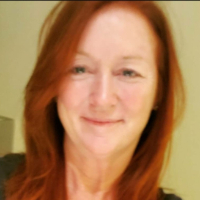Marion Felony Lawyer, Connecticut
Sponsored Law Firm
-
 x
x

Click For More Info:
-
Barry, Barall & Spinella, LLC
989 Main St Manchester, CT 06040» view mapCriminal Defense Law Your Future Matters To Us
At Barry, Barall & Spinella, LLC, our only goal is to protect your best interests. We are accomplished attorneys whose focus is handling criminal defense & personal injury claims.
800-998-0430
Cheryl Jean Moran
✓ VERIFIEDCriminal, Felony, Misdemeanor, Landlord-Tenant, Business
Defending felony, misdemeanor & infraction criminal cases. Licensed in New York, New Jersey & Connecticut. Specializing in representing indigent defen... (more)
FREE CONSULTATION
CONTACT Ryan P. Barry Manchester, CT
Ryan P. Barry Manchester, CT Practice AreasExpertise
Practice AreasExpertise

